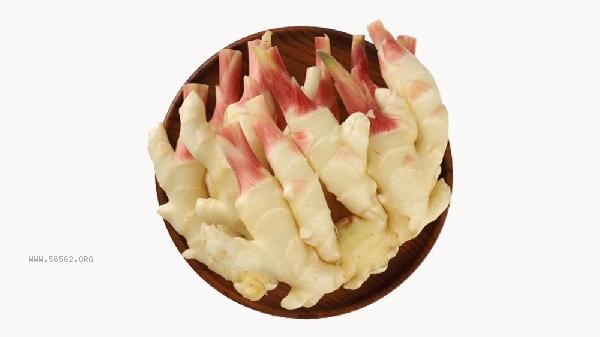It is better to use dried ginger in the early stages of wind cold and cold, and fresh ginger is more suitable for daily health care. There are differences between dried ginger and fresh ginger in terms of medicinal properties, efficacy, and applicable scenarios.

It is better to use dried ginger in the early stage of wind cold and cold. Dried ginger is made from fresh ginger and has a stronger pungent and hot nature. It has the effects of warming the middle, dispersing cold, and promoting yang circulation, especially suitable for symptoms such as chills, fever, headache, and lack of sweating caused by external wind cold. Dried ginger has a higher content of gingerol, which can effectively promote blood circulation and dispel cold pathogens in the body. When traditional Chinese medicine classifies cold syndrome, dried ginger is often used in combination with cassia twigs, ephedra, and other herbs. For example, adding dried ginger to cassia twig soup can enhance the sweating and surface relieving effects. Attention should be paid to using ginger with caution for those with yin deficiency and excessive fire, in order to avoid exacerbating discomfort such as dry mouth and sore throat.

It is recommended to use fresh ginger for daily dietary therapy. Fresh ginger has a slightly warm nature and is rich in active ingredients such as gingerol and gingerol. It has the effects of sweating, relieving the surface, warming and stopping nausea, making it suitable for making daily health drinks or cooking seasonings. Fresh ginger juice is abundant, with a milder spicy taste compared to dry ginger. It has less irritation to the gastrointestinal tract and can alleviate discomfort such as motion sickness, vomiting, or stomach cold. Boiling water with fresh ginger in summer can prevent air conditioning sickness, while drinking brown sugar in winter can warm the body and dispel cold. Fresh ginger skin contains a lot of nutrients, and it is recommended to use it with the skin after washing. However, rotten and spoiled fresh ginger can produce harmful substances such as safrole, which should be discarded and not eaten.

When selecting ginger materials, it is necessary to consider both physical fitness and usage. Dried ginger is suitable for short-term use by those who show signs of coldness, while fresh ginger is more suitable for long-term daily health care. Regardless of the type of ginger, it is recommended to control the daily dosage within 10 grams to avoid stimulating the gastrointestinal mucosa. Gastritis patients should reduce fasting consumption, and pregnant women should consult a physician before consumption. Dry ginger should be kept away from moisture and light. Fresh ginger can be refrigerated or stored in sandy soil. Sprouted ginger can still be consumed if it is not moldy, but its nutrition may decrease.









Comments (0)
Leave a Comment
No comments yet
Be the first to share your thoughts!